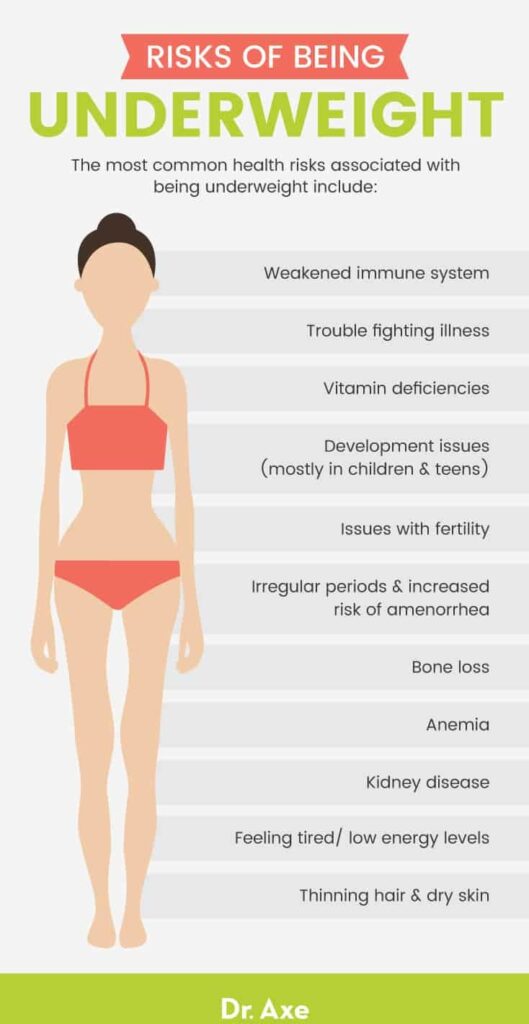Why is it so difficult for you to gain weight? In this article, we will explore the reasons behind this struggle and provide you with some valuable insights on how to overcome it. You’ll learn about the various factors that contribute to difficulty in gaining weight, such as a fast metabolism, poor appetite, and inadequate calorie intake. Additionally, we will share practical tips and strategies on how to increase your calorie intake, build muscle mass, and achieve your weight gain goals. So sit back, relax, and let’s uncover the secrets to successful weight gain together.
Why is Gaining Weight Difficult?

Factors Affecting Weight Gain
Gaining weight can be a challenging task for many individuals. Various factors contribute to the difficulty in achieving weight gain goals. Understanding these factors is essential in developing effective strategies to overcome these challenges and achieve desired results.
Metabolism and Weight Gain
Metabolism plays a crucial role in weight gain. It refers to the chemical processes occurring within the body that convert food into energy. Some people naturally have a faster metabolism, which means that their bodies burn calories more quickly. This can make it more difficult for them to gain weight compared to individuals with a slower metabolism.
Role of Genetics in Weight Gain
Genetics also plays a significant role in weight gain. Some individuals may have a genetic predisposition to be naturally thin or have difficulty gaining weight. Additionally, family history can influence a person’s weight gain potential. If your parents struggled with weight gain, you may face similar challenges due to genetic factors.
Dietary Challenges in Weight Gain
Numerous dietary challenges can hinder weight gain progress. Appetite regulation can be a significant obstacle for individuals trying to increase their calorie intake. Some people naturally have a smaller appetite or struggle to consume larger portions of food, making it difficult for them to consume enough calories to gain weight.
Nutrient absorption is another crucial aspect that can affect weight gain. Factors such as digestive issues or malabsorption disorders can impede the body’s ability to absorb the necessary nutrients from food, further hindering weight gain efforts.
Preferences and dislikes also play a role in dietary challenges. Some individuals may have a limited range of foods they enjoy, making it challenging to create a diverse and balanced diet that supports weight gain. Psychological and emotional factors, such as stress or emotional eating patterns, can also impact a person’s dietary choices and hinder weight gain progress.

Caloric Intake
One of the primary factors in weight gain is caloric intake. To gain weight, you need to consume more calories than your body burns through daily activities and metabolic processes. Determining your caloric needs is essential in creating a suitable plan for weight gain.
Quality of Food
While consuming more calories is important, the quality of the food you consume also matters. Choosing nutrient-dense foods is crucial to ensure that you are gaining weight in a healthy way. Nutrient-dense foods provide essential vitamins, minerals, and macronutrients necessary for overall health and proper weight gain. Avoiding empty calories from sugary drinks or processed foods is essential in optimizing weight gain efforts.

Meal Frequency
Meal frequency is another factor to consider when aiming for weight gain. Spreading your calorie intake throughout the day and consuming frequent meals can help increase overall calorie consumption. Regular meal timing and incorporating snacks between meals can ensure a consistent and adequate energy intake.
Physical Activity Level
Physical activity level also influences weight gain. Engaging in regular exercise is crucial for overall health and well-being, but it can increase calorie expenditure. However, incorporating resistance training exercises into your routine can help build muscle mass, which contributes to weight gain. Balancing physical activity with appropriate calorie intake is important to achieve weight gain goals effectively.

Conclusion
Gaining weight can be a complex and challenging process. Understanding the various factors that influence weight gain, such as metabolism, genetics, dietary challenges, caloric intake, food quality, meal frequency, and physical activity level, is crucial for developing a successful weight gain strategy.
Implementing effective strategies such as determining caloric needs, consuming nutrient-dense foods, optimizing meal frequency, and balancing physical activity can help overcome these challenges and achieve desired weight gain goals. Seeking professional guidance from a healthcare provider, registered dietitian, or fitness expert can provide personalized advice to overcome specific difficulties.
Remember that weight gain is a gradual process, and progress may vary for each individual. It is important to celebrate small victories along the way and practice patience. With perseverance and the right approach, you can overcome the challenges and successfully achieve your weight gain goals.
